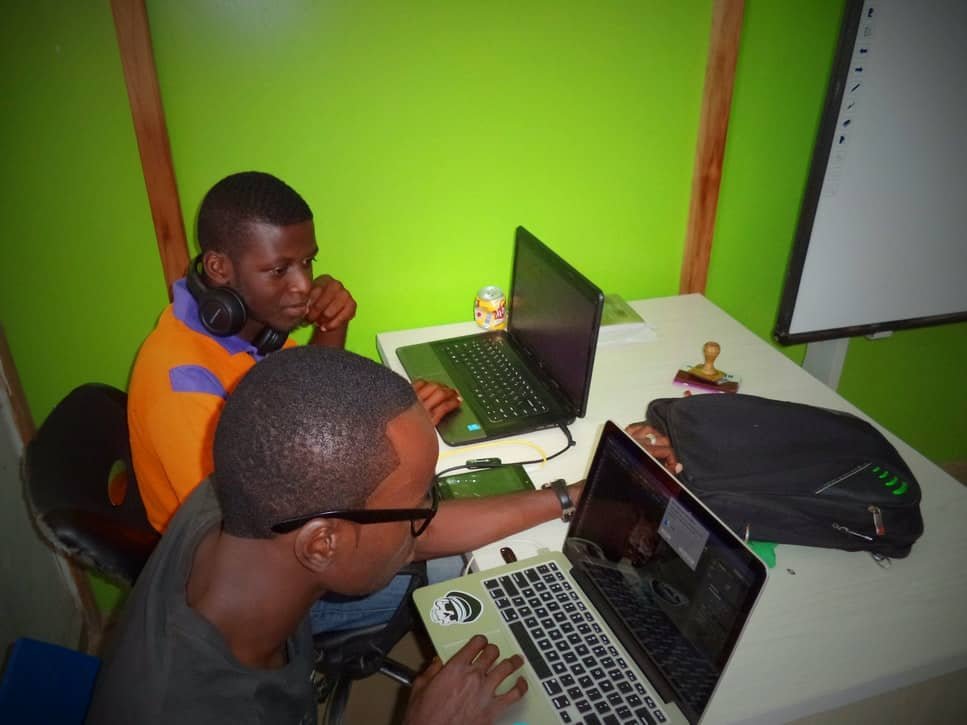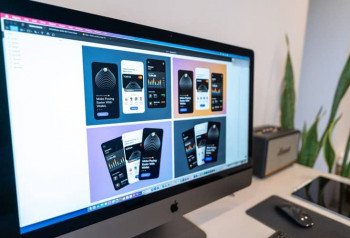Resume is a summary of education, employment experience and qualification(CV). A good resume will not necessarily get you a job, but it will get you invitations to interview for jobs. 7 Best Resume Writing and Job Application Hacks will guide you on having a sharp resume and how to increase your chances of getting a job.
Research has shown that on average, recruiters look at CVs for hardly a minute. Most will just pend seconds to look at something you spend days or even weeks crafting to represent you in a nutshell.
It therefore means a good resume is supposed to capture someone’s attention in a matter of seconds. One of the characteristic of a good CV is that it should give information in a simple and easy to read language.
A CV must have contact information, summary or objective, work experience, skills and education. It may also have certifications and awards, personal projects and volunteer experience.
7 Best Resume Writing and Job Application Hacks:
· Short and precise (summary) – No one wants to read stories of 5000 applicants.
· Give a summary of the candidate(yourself)
· The header should capture your full name, email address, phone number, gender and age. Some employers will not take in a 25 or 50 year old on some positions and they will be keen on your age.
· Show work experience, Academic qualifications or certifications, Skills and referees.
· Links – Linkedin, Twitter, Facebook and digital resume profile, see an example1 and Example 2
·
Good layout, highlighting key titles and proper spacing
· No grammatical errors and contradictions.
Summary
A summary or objective, is one of the most important aspects of your CV. It’s a short paragraph that sits just underneath your name and contact details giving prospective employers an overview of who you are and what you’re all about.
Work Experience
A CV should also include experience that make the would-be employer want to meet you. You should avoid boasting at all costs. Just mention the skills you developed on the job without and explain what you did and how the experience benefited you and the organisation.
The work experience section gives you a chance to outline your previous jobs and internships. Remember, experience beats academic papers by far and for this reason, you are advised to volunteer, offer free support to various organizations and in the process your experience portfolio will grow.
Academic Qualifications
A good CV will mention degrees, diplomas and certificates along with the name and location of the institution that awarded them. The education qualifications should be listed in reverse chronological order. It’s wise to skip primary and high school qualifications. They are not necessary or needed. Employers concentrate the most on experience and skills.
Acquired Skills
You can also mention the skills you acquired through volunteer experience, exchange programmes, certification courses or any hobbies that are relevant to the job. Omit skills and interests that you would never use at your new job.
References
Add three contact persons, specifying their positions and organizations. Only add referees that know you well and are in good terms with your character and abilities.
CV Layout
The layout is one of the critical components of a good CV because it is the first thing a recruiter will take notice of. A good layout should have everything easy to find in one glance. The fonts and headings should be consistent and the information well organized. It normally should be one page in length with section headings. All information included should be relevant, concise and up-to-date.
You can underline or make some words in bold to some important sections. Be sure that there is enough space around the margins and paragraphs to make it clearer.
Cover Letter
Keep in mind that the cover letter should not duplicate the resume content. Avoid stunts such as colored paper or a fancy photo unless you are applying for an acting or modeling job.
After creating your resume, give it to your friend or colleague to check for spelling and other mistakes.
You can also read: Businessplan writing guide








